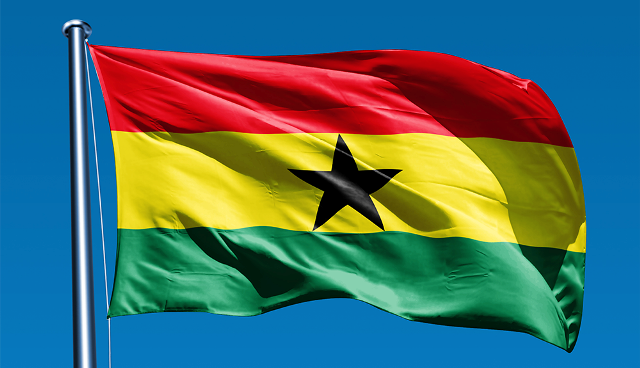Ghana’s Remittances For 2025 Potentially to Underperform 2024’s $6.6Bn Milestone Over New US Bill
Ghana’s remittance inflows could decline significantly in 2025 if the United States Congress passes the Border Security Investment Act, a bill that proposes a 37% fee on outbound remittances sent via money service businesses to selected countries with high levels of undocumented immigration.
The bill, formally known as H.R. 445, aims to fund US border security operations by taxing money transfers from immigrants to the top five countries whose nationals are deemed to have the highest rates of unlawful entry into the United States, as determined annually by US Customs and Border Protection (CBP).
Although the draft legislation does not name specific countries, recent data from the US Immigration and Customs Enforcement (ICE) shows that several African nations—including Ghana—featured prominently on deportation and inadmissibility lists in 2024. This raises concerns that Ghana may be among the countries subject to the hefty 37% remittance levy.
If enacted, the legislation could reduce the flow of funds from Ghanaians living in the United States to their families back home, with broader implications for household income, education, healthcare, and economic activity.
According to Bank of Ghana (BoG) data, total remittances to Ghana surged to $6.65 billion in 2024, representing a $1.53 billion increase from the $5.11 billion recorded in 2023. The central bank noted that remittance value more than quadrupled during the year, rising from $1.69 billion in March to $6.65 billion by December 2024.
Remittances are a critical source of foreign exchange and household income in Ghana, helping to finance consumption, education, and healthcare for millions of recipients. They also contribute to economic resilience by supporting aggregate demand and easing balance of payments pressures.
The World Bank estimates that Africa received approximately $100 billion in remittances in 2023 which is roughly 6% of the continent’s GDP. Countries such as Nigeria, Egypt, Morocco, Kenya, and Ghana are among the largest recipients, making these countries particularly vulnerable to any disruptions in remittance flows.








